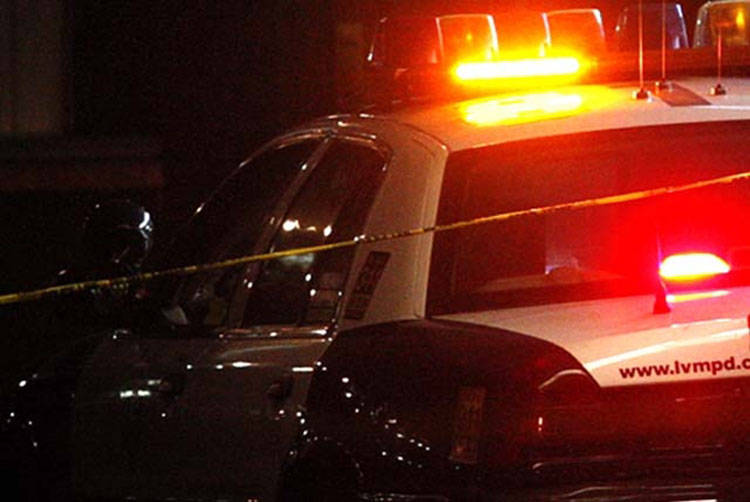RUBEN NAVARRETTE JR.: Protecting police shouldn’t be complicated — or controversial

It’s not good news when you have an issue that is so explosive that it divides people who might normally be considered like-minded simpaticos. And the news gets worse when the issue that is so divisive is something that shouldn’t be controversial at all — namely, in this case, the attempted murder of law enforcement officers and the responsibility of decent people to loudly and unflinchingly condemn it.
There are no doubt plenty of decent people in the movement to reform policing. And it doesn’t take an ace detective to see that something is going on in the dynamic that exists between law enforcement and people of color — and it’s bad.
So I sought out a pair of knowledgeable sources on the subject of police and community relations: a retired law enforcement officer who has been police chief in three separate municipalities and a sociology professor who specializes in policing, urban poverty and gun violence.
A few days earlier, two rookie Los Angeles County Sheriff’s deputies were gunned down in their patrol car. After hours of surgeries, they survived. The suspect remains at large.
I’m good friends with both the retired police chief and the sociology professor, and they’re friendly with each other. Alas, even among friends, agreement was hard to come by.
Bob Harrison, the former police chief who now consults with law enforcement, noted a “lag” in the condemnation of the attempted murder of the sheriff’s deputies. “We don’t need everyone to voice their views,” he said. “But key leaders, especially elected officials, need to not only condemn the violence, but also the groups that celebrated and said they hoped the deputies die.”
Harrison thinks one way to rebuild the trust that police have in the public is for police to expand their role in the community.
“The police can change the narrative by being present more in ways that go beyond law enforcement,” he said. “They want to be a part of the fabric of the community, and to build bridges to those they serve.”
For Cid Martinez, an associate sociology professor at the University of San Diego, it’s wrongheaded for people to always demand that protesters, or the public at large, condemn violence against police. “It’s not the responsibility of protesters to condemn violent acts against police,” he said. “The goal is to achieve racial justice, and the onus is on police to repair their institution because they have all the power.”
Martinez thinks we need to spend our time rooting out the corruption, racism and violence that is systemic to law enforcement. The way he sees it, those are the things that poisoned the relationship between the public and police. “Sure, there is a lot of anger toward police,” he said. But it’s because of their misconduct and a failure by the higher-ups to do anything about it.”
Misconduct isn’t limited to cops. Parents — including but not limited to Latinos and African Americans — need to raise their children to be responsible adults who do what police officers tell them and would never think of assaulting, let alone killing, anyone who wears a badge.
Our society won’t improve until we stop trying to con one another. We don’t always need to portray our team as completely innocent and the other as unequivocally guilty. As the son of a cop, I know that life is more complicated. There are no saints and sinners in this drama, only people trying to do their best to survive their interactions with one another and make it home safely to their families.
Ruben Navarrette’s email address is ruben@rubennavarrette.com.